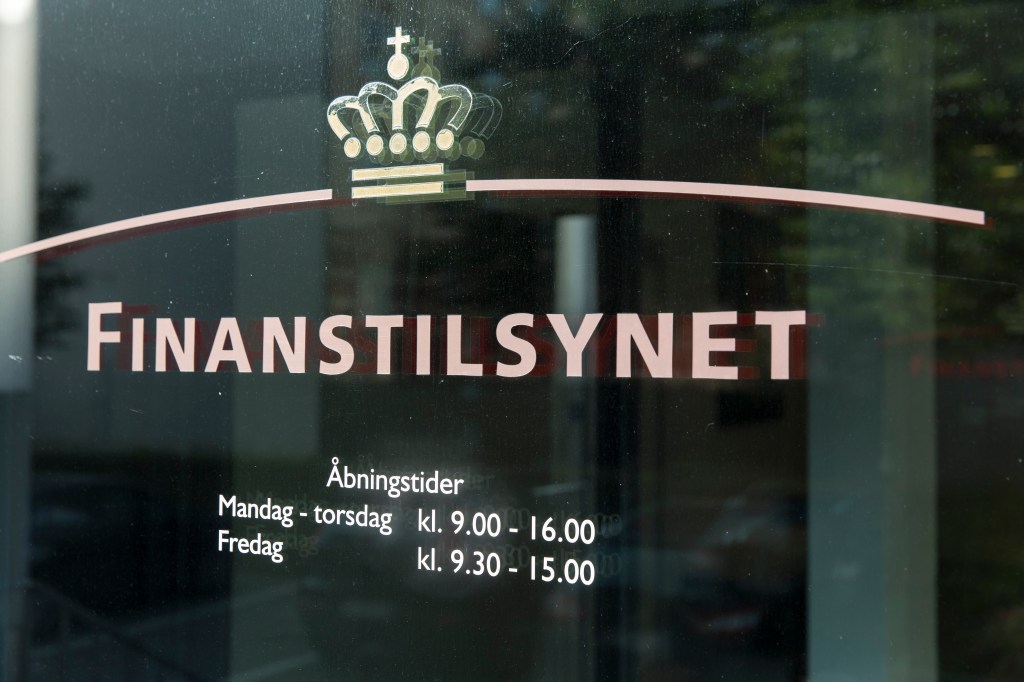Proposals to get rid of the “outdated or duplicated” rules around insurance policy, and introduce “simpler and more straightforward rules” have been published by the UK FCA).
In a press release, the regulator has said the new proposals could reduce costs for businesses and consumers, provide wider access and,
One
Register for free to keep reading
To continue reading this article and unlock full access to GRIP, register now. You’ll enjoy free access to all content until our subscription service launches in early 2026.
- Unlimited access to industry insights
- Stay on top of key rules and regulatory changes with our Rules Navigator
- Ad-free experience with no distractions
- Regular podcasts from trusted external experts
- Fresh compliance and regulatory content every day












